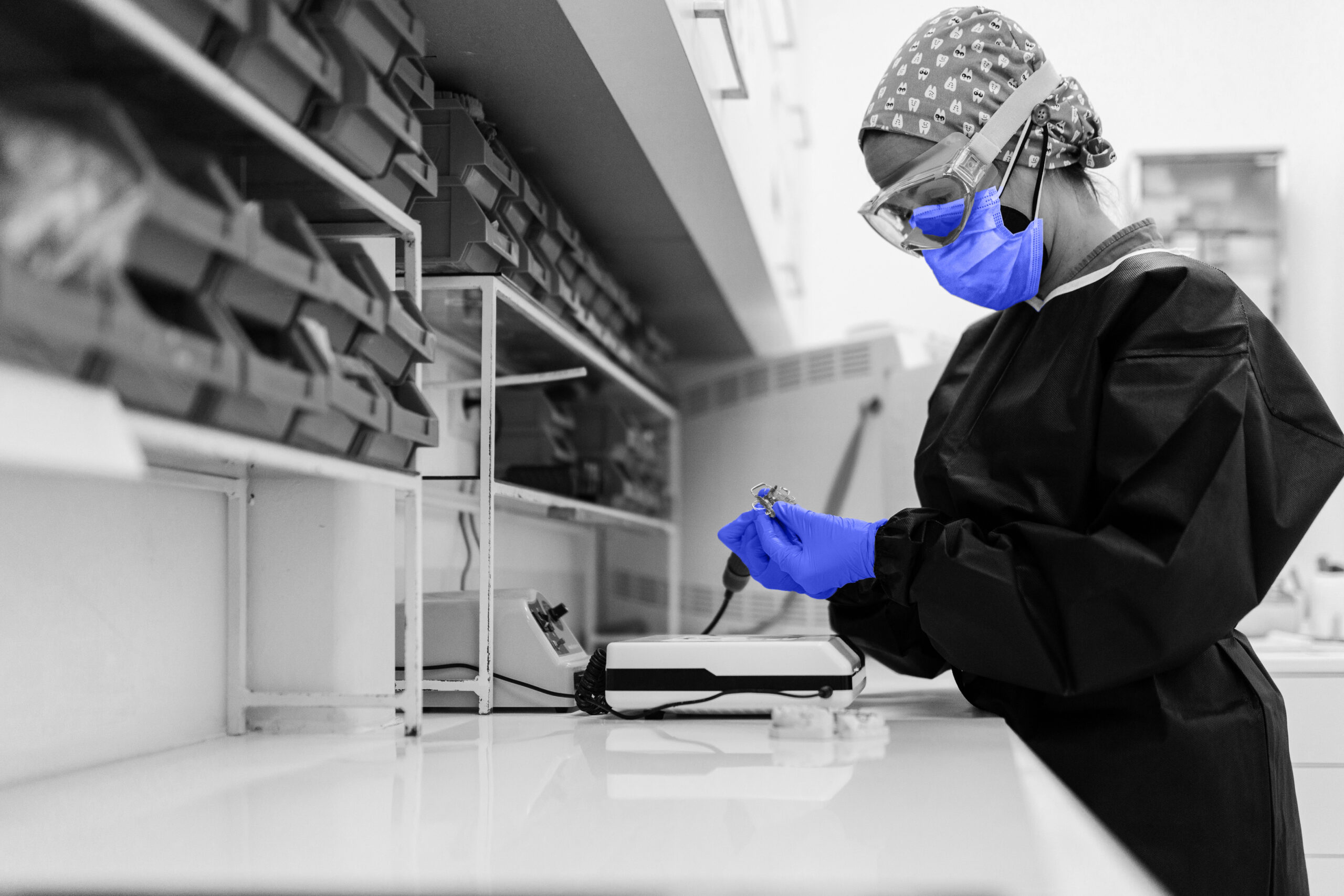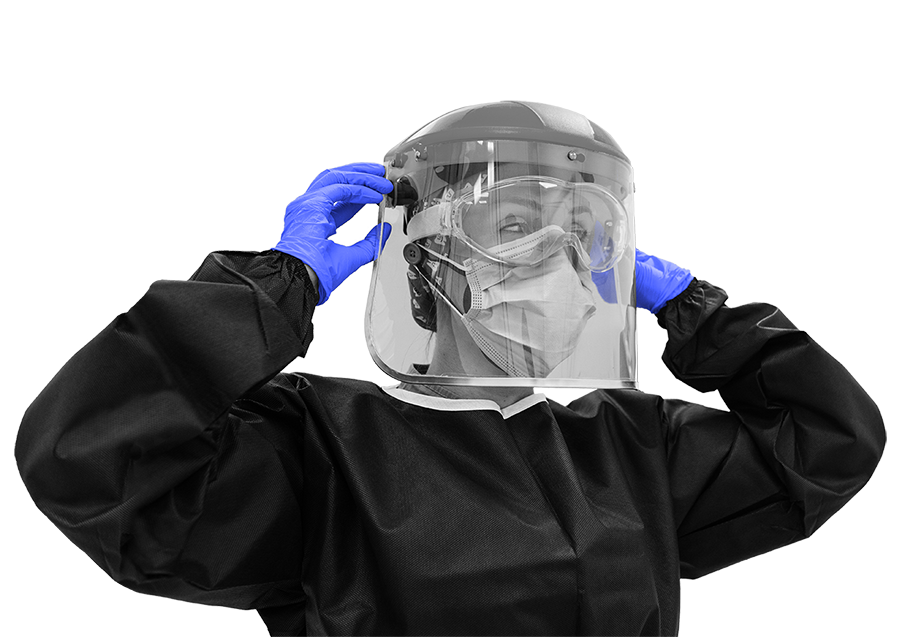Collaborative Approach to Overcome Increasing Multi-Component Complexity in Analytical Drug Testing
The development of new drugs and therapies is becoming increasingly complex due in part to the use of multi-component molecules, such as antibody-drug conjugates (ADCs), oligonucleotides, and peptides. These molecules can be difficult to characterize and test, posing challenges for pharmaceutical manufacturers.
To overcome these challenges, pharmaceutical manufacturers increasingly collaborate with contract development and manufacturing organizations (CDMOs) that can provide various analytical testing services, including those specialized for complex molecules like ADCs, oligonucleotides, and peptides.
In addition to CDMOs, pharmaceutical manufacturers may collaborate with other organizations, such as contract research organizations (CROs) and specialized testing laboratories. This can be helpful to get access to even more expertise and resources.
By collaborating with various organizations, pharmaceutical manufacturers can create a comprehensive and coordinated approach to developing and testing these complex molecules. This can help to ensure the safety and efficacy of these essential new drugs. Here are some of the specific analytical challenges posed by ADCs, oligonucleotides, and peptides:
- Complex structure
These molecules are often made up of multiple components, which can make them challenging to characterize and test. - Lack of standards
There are often no standard analytical methods for these molecules, making comparing results from different laboratories difficult. - Degradation
These molecules can be unstable and degrade during manufacturing or storage. This can make it challenging to ensure that they are safe and effective. - Bioanalytical testing
Bioanalytical testing is often required to measure the concentration of these molecules in biological samples. This testing can be challenging due to these molecules’ small size and complex structure.
Pharmaceutical manufacturers can access the expertise and resources they need by collaborating with a CDMO to overcome the analytical challenges posed by ADCs, oligonucleotides, and peptides. This can help to ensure the safety and efficacy of these essential new drugs. The benefits of collaborating with a CDMO for analytical drug testing of ADCs, oligonucleotides, and peptides include:
- Expertise
CDMOs have a wealth of experience in the development and testing of complex molecules, such as ADCs, oligonucleotides, and peptides. This expertise can be invaluable in helping pharmaceutical manufacturers to overcome the challenges of analytical drug testing. - Resources
CDMOs have access to state-of-the-art analytical equipment and technologies. This can help pharmaceutical manufacturers to get the testing they need quickly and efficiently. - Collaboration
CDMOs are experienced in working with pharmaceutical manufacturers to develop customized testing solutions. This can help to ensure that the testing meets the specific needs of the drug development program. - Compliance
CDMOs are familiar with the regulatory requirements for analytical drug testing. This can help pharmaceutical manufacturers ensure that their testing complies with applicable regulations.
The collaborative approach between pharmaceutical manufacturers and CDMOs is essential to ensure the quality and safety of ADCs, oligonucleotides, peptides, and other complex molecules. These organizations can pool their expertise and resources to develop and implement the most effective testing methods by working together. This collaborative approach is essential to successfully developing and commercializing these important new drugs.
Managing your complexity with confidence
The pharmaceutical landscape is ceaselessly shaped by evolving trends, influenced by drug characteristics, therapeutic domains, regulatory directives, and tailored company blueprints. Consequently, testing methodologies must espouse agility and resilience to cater to the unique requirements of diverse molecules at various developmental junctures.
The next generation of analytical drug testing services harbors the promise of advancing drug innovation, augmenting patient well-being, and bolstering the pharmaceutical sector’s success. By maintaining a vanguard position in regulatory shifts, pioneering modalities, and avant-garde technologies, CDMOs can guarantee consistent delivery of top-tier analytical methods, reinforcing trust in drug developmental outcomes.
This article was written by Dr Kishore Hotha.

